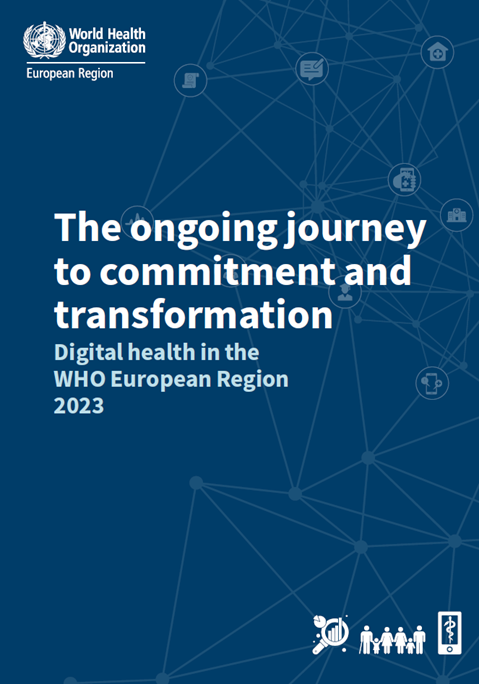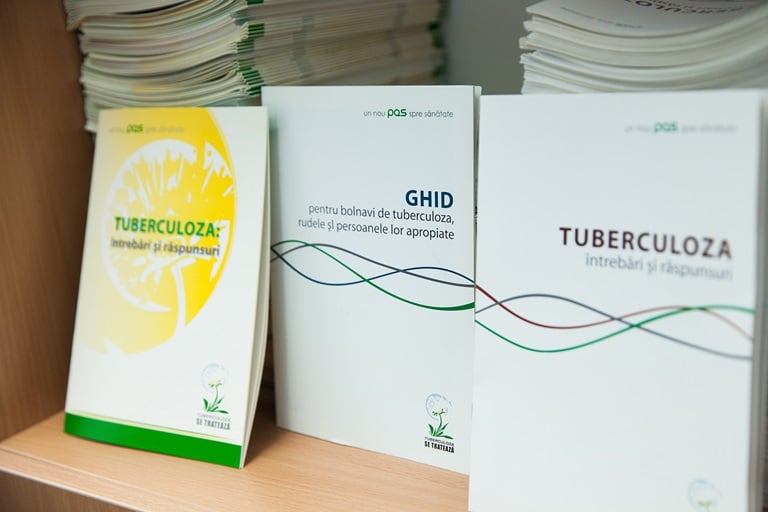Digital Health in the WHO European Region: the ongoing journey to commitment and transformation

Overview
Digital health has experienced a period of accelerated growth in recent years. The critical role of digital health in attaining universal health coverage and in supporting efforts to make health care more efficient, accessible and effective is now clearly recognized. At the same time, the pressures that have resulted from COVID-19 have thrown into sharp relief the varying abilities of countries to digitally transform their health-care systems.
Drawing on the data gathered through the 2022 Survey on Digital Health in the WHO European Region, this report presents an overview of the situation in the Region. It provides evidence of the substantial progress made and where improvement is still necessary. It highlights a number of policy options, facilitators and barriers to guide the successful implementation of digital health in Member States.
The report includes case examples provided by countries, illustrating a range of digital health applications and practices in various national contexts. Through the proposed priority actions and considerations WHO reaffirms its commitment to support Member States in fulfilling the strategic objectives of the Regional digital health action plan for the WHO European Region 2023–2030.









